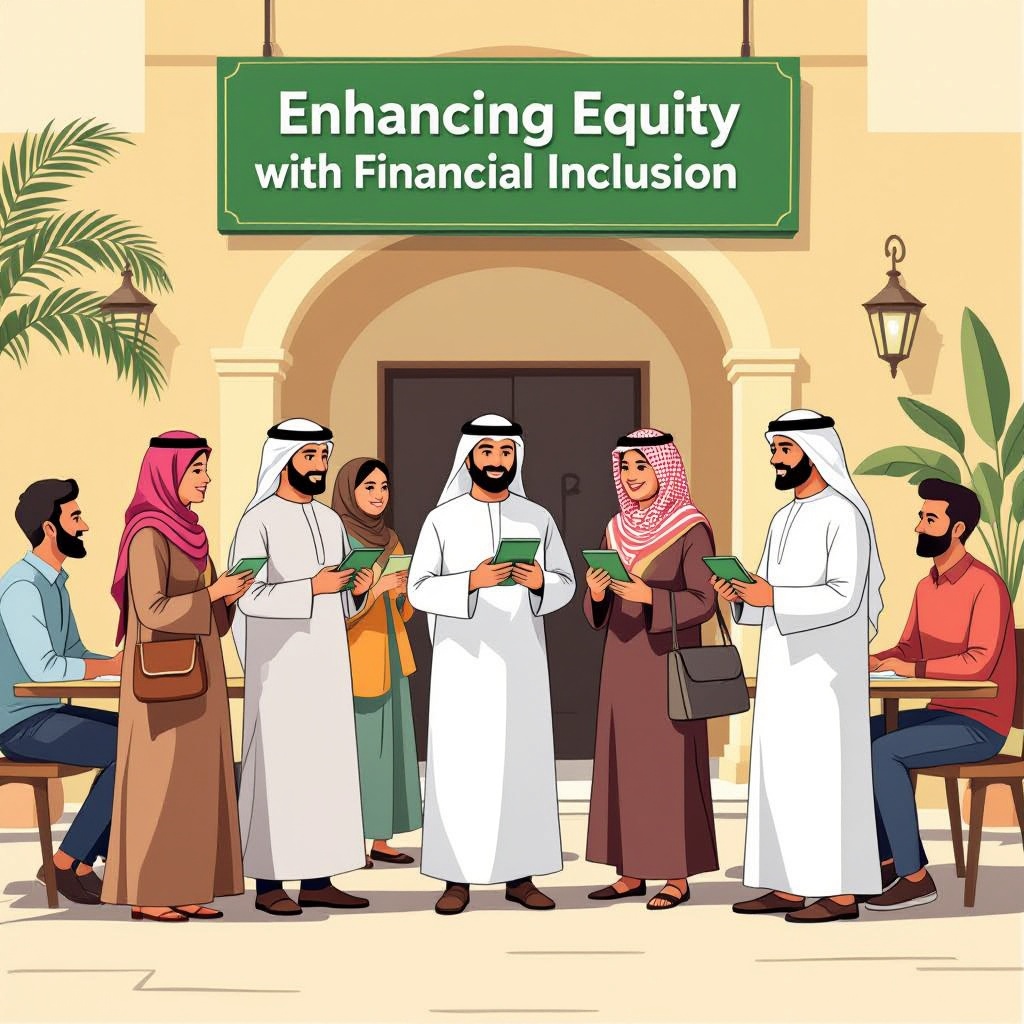Cashless campuses in Saudi Arabia are driving a significant change in the education system, focusing on ease of use, safety, and financial inclusion. By adopting digital payment systems, institutions streamline operations and promote crucial financial and digital skills in students. This aligns with Vision 2030, aiming to create a technologically advanced society.
Key Takeaways
- Cashless campuses simplify processes by cutting transaction times and minimizing operational mistakes.
- Digital payments promote financial inclusion, offering significant advantages for underserved students.
- Students develop vital financial literacy and digital abilities by actively using digital wallets.
- Merging cashless systems with e-learning platforms accelerates education’s digital transformation.
- Improved security and transparency enhance trust in financial transactions within schools.
Empowering Education through Cashless Campuses in Saudi Arabia
Cashless campuses in Saudi Arabia are making quite a splash, offering a smoother experience for students and educators alike. With digital payments, it’s all about convenience and efficiency. No more fiddling with change or standing in long queues for transactions. Instead, students breeze through their payments, whether it’s for cafeteria meals, books, or other school-related purchases.
Saudi Arabia’s move towards digital payments is not just random. The nation’s fintech scene is on a roll, with assets predicted to hit a whopping $64 billion by 2024. This thriving environment supports educational institutions, making them fertile ground for technology integration. By adopting cashless systems, schools can cut down on costs significantly. Everything becomes streamlined—from managing petty cash to reducing errors in financial transactions.
The operational efficiency offered by going cashless also can’t be ignored. Schools now manage resources better, focus on critical areas, and even reallocate funds to other educational priorities. Beyond just saving time and money, the shift enhances security and reduces instances of theft or mismanagement.
Saudi Arabia’s focus on such technological advancements is just a click away to explore in depth from sources like Invest Saudi. So, if you’re considering how your institution can benefit, look no further than these ground-breaking changes happening right now.

Enhancing Equity with Financial Inclusion and Access
Cashless initiatives in Saudi Arabia’s education system are pivotal in bridging the financial gap, making education more accessible for underserved students. E-payment systems empower families and students by offering seamless solutions for handling school-related expenses, all while promoting financial inclusion. With 79% of retail transactions in Saudi Arabia now e-payments, the population is increasingly accustomed to digital monetary transactions, which significantly eases the process for students.
Smartphone penetration, which stands at an impressive 97%, further supports this financial access. This enables students in both urban and rural areas to benefit from student e-wallets and payment systems. Access to these resources means that location is less of a barrier for education-related finances.
For more on the implications of technology on financial inclusion, check out this UN specialized agency page.

Cultivating Financial Literacy and Digital Skills in Students
Cashless campuses in Saudi Arabia play a crucial role in cultivating financial literacy and digital skills among students. By using digital wallets and prepaid cards, students gain hands-on experience in managing finances efficiently, aligning perfectly with Vision 2030’s educational goals. This initiative isn’t just about convenience; it’s enhancing students’ understanding of the digital economy.
Incorporating digital citizenship and fintech awareness in curricula further compels this change. Educational innovation now emphasizes these topics, preparing students for future challenges.
Here are a few ways this shift is influencing the education system:
- Students learn to budget with tools like digital wallets.
- Awareness of online transactions improves their financial decision-making.
- Enhanced digital fluency opens doors to competitive job markets.
This digital shift is a dynamic transformation that offers the latest opportunities for growth. For more insights into digital literacy, you can check out the United Nations’ Digital Economy Reports.
Advancing the Digital Transformation of Learning
Cashless payment systems are reshaping Saudi Arabia’s education, acting as a significant part of the broader move toward digital solutions. By integrating seamlessly with e-learning platforms such as “Madrasati,” these systems support a modernized educational experience.
Madrasati stands at the forefront, providing a platform that facilitates both traditional and remote learning. It’s not just about removing physical currency; it’s about embracing a comprehensive digital environment. This platform allows students and educators to engage with resources beyond the classroom walls, blending in-person education with digital tools.
The synergy between cashless systems and platforms like Madrasati underscores a significant shift. Integrating these technologies means that administrative tasks become more efficient—think of booking resources or managing student activities online with ease. It fosters an ecosystem where students can focus on learning without the distractions of outdated payment and management methods.
Moreover, schools integrating these systems enhance the overall EdTech environment, supporting the government’s Vision 2030 initiative for a technologically advanced society Vision 2030. The increased efficiency and connectivity facilitate better resource allocation and personalized learning experiences.
The digital transformation fostered by these platforms ensures that students in Saudi Arabia are prepared for a future where digital literacy is key. By embracing these technologies, they gain valuable skills that are crucial in today’s technology-driven world.
Building Trust with Security and Transparency in Transactions
Cashless payment systems can boost security on campuses in Saudi Arabia by curbing theft and fraud. With cashless systems, digital transaction records can offer transparency that strengthens governance and gives parents peace of mind over their children’s spending. It’s about building an infrastructure where every transaction is secure and clear.
A telling statistic here is that there’s been a 59.4% jump in online transactions, reaching 141.55 million, underlining the growing faith in the security of digital payments. This increase in digital transactions exemplifies how these systems can deter fraud and theft.
Parents and administrators can stay informed with transparent transaction records that allow for detailed tracking of every expenditure. If you’re curious about how digital payment systems are revolutionizing industries, check out Mastercard’s insights on the digital economy. This trust-building through secure, transparent transactions might just be the future of education.

Frequently Asked Questions
💡 What are the key benefits of cashless campuses in Saudi Arabia?
Cashless campuses offer enhanced convenience, efficiency, and security for students and staff. By replacing cash with digital payments, educational institutions in Saudi Arabia streamline daily transactions, reduce errors, and save administrative costs. This innovation aligns with the country’s Vision 2030 goals for a tech-driven education system.
📱 How do digital payments improve financial inclusion in schools?
Digital payment systems in Saudi schools help bridge financial gaps by offering equal access to tools like student e-wallets. With 97% smartphone penetration, families in both urban and rural areas can manage education expenses digitally, ensuring that no student is left behind due to geographic or economic barriers.
🎓 How do cashless systems support financial literacy among students?
By using digital wallets and prepaid cards, students engage in real-world money management, learning to budget and track expenses. This hands-on experience supports financial literacy and raises awareness about the digital economy, preparing them for success in a tech-forward Saudi Arabia.
🔐 Are digital transactions secure on Saudi campuses?
Yes, cashless systems in education promote secure and transparent transactions that reduce fraud and theft. With a dramatic 59.4% increase in online transactions, parents and administrators can monitor financial activity with confidence, enhancing trust across all stakeholders.
🌐 How do digital payments integrate with e-learning platforms?
Platforms like Madrasati integrate seamlessly with cashless payment systems, offering a unified digital experience for students. This synergy improves administrative efficiency and allows smooth access to educational resources, encouraging blended learning across Saudi schools.
🚀 How do cashless campuses align with Saudi Arabia’s Vision 2030?
The move to cashless education supports Vision 2030 by fostering a digitally advanced and inclusive society. By integrating fintech innovations into schools, Saudi Arabia is preparing its youth with the digital and financial skills needed for future economic development.
Sources:
Arab News – Saudi Arabia Unlocking Fintech Potential Across the Middle East
Business Wire – Saudi Arabia Prepaid Card and Digital Wallet Market Databook 2025 With Initiatives From STC Pay, Riyad Bank, Al Rajhi Bank, Saudi National Bank, Alinma Bank, STC Bank, Mastercard, PayTabs, and Stripe – ResearchAndMarkets.com
IT Pillars – The Future of Education Technology in Saudi Arabia
Thunes – Saudi Arabia Unlocking Fintech Potential Across the Middle East
World Bank – Unlocking Potential Through Education Improvement in the Kingdom of Saudi Arabia
